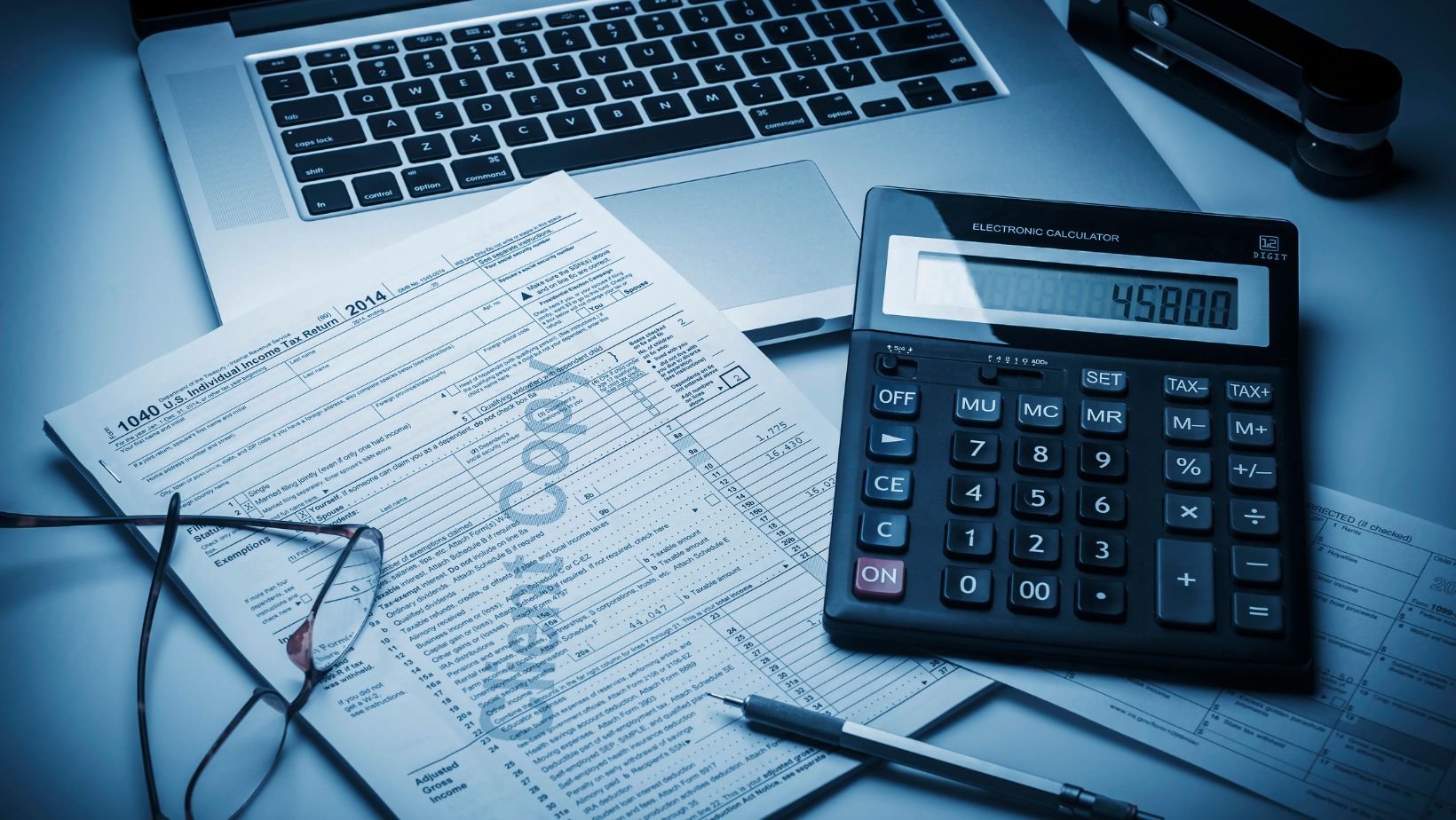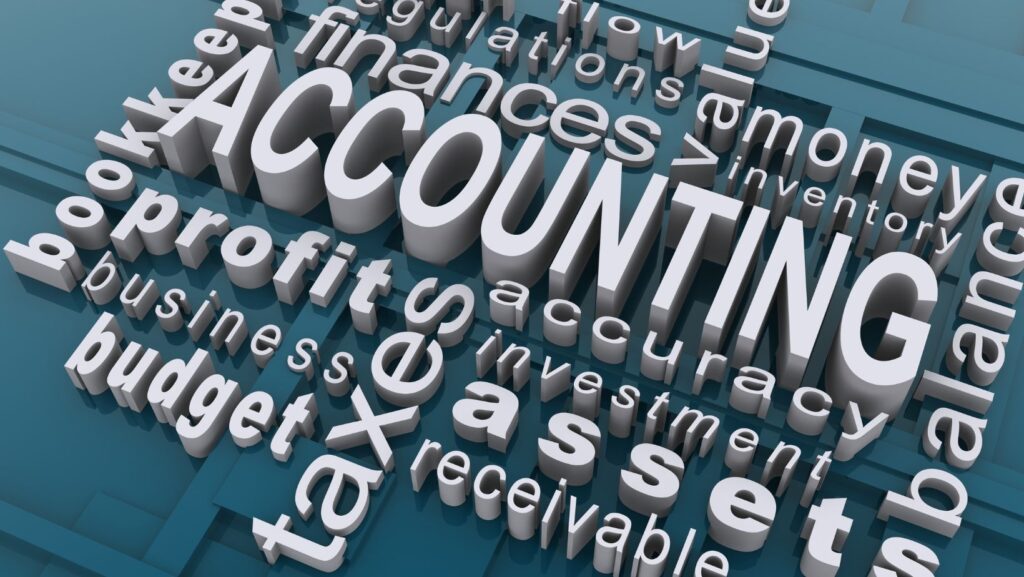For many entrepreneurs relocating to Denmark, the country’s business environment feels refreshingly clear, stable, and efficient compared to other parts of Europe. A strong legal framework, a culture of trust, and an almost fully digital public sector create a unique backdrop for running a company. But even in such a business-friendly country, success depends on understanding the accounting system — not just the rules on paper, but also how these rules are applied in everyday business life.
A Legal Foundation Built on Transparency
The Danish approach to accounting is governed by the Bookkeeping Act (Bogføringsloven), a piece of legislation designed to ensure financial transparency and protect the integrity of business operations. The law applies to all companies operating in Denmark, from one-person consultancies to large corporations.
At its core, the Act requires that:
- every financial transaction is recorded accurately and promptly,
- each entry is supported by valid documentation — such as an invoice, receipt, or bank confirmation,
- all records are kept for a minimum of five years,
- the accounting is organised chronologically and allows a clear overview of the business’s financial position at any given time.
One major difference from many other jurisdictions is Denmark’s acceptance of fully digital bookkeeping. Paper archives are unnecessary if electronic records are complete, accurate, and stored in a secure and accessible way. This reduces administrative burdens and supports the broader Danish commitment to digitalisation.
Tax Compliance and Reporting as Part of Everyday Operations
Accounting in Denmark is not a once-a-year task — it’s an ongoing process integrated with tax reporting. The Danish Tax Agency (SKAT) works almost entirely online. Every VAT return, annual corporate tax filing, and other mandatory report is submitted via the TastSelv Erhverv platform, which also serves as the primary communication channel between businesses and the authorities.
The standard VAT (moms) rate is 25%, applicable to most goods and services. The frequency of VAT reporting depends on annual turnover:
- Half-yearly – turnover under 5 million DKK,
- Quarterly – turnover between 5 and 50 million DKK,
- Monthly – turnover above 50 million DKK.
Corporate income tax is fixed at 22%. Sole proprietors, on the other hand, are taxed under the progressive personal income tax system, which includes state, municipal, and sometimes church tax.
Deadlines are strict, and even short delays can result in penalties. As a result, many companies automate their accounting processes to ensure that VAT and tax submissions are prepared and filed on time without last-minute stress.
Technology as a Central Pillar of Danish Accounting
It is rare to find a company in Denmark that still relies solely on spreadsheets or manual bookkeeping. Cloud-based accounting platforms are the norm, and many entrepreneurs integrate them directly with their bank accounts. This allows transactions to be imported automatically, categorised, and used to generate up-to-date financial reports and VAT statements.
Popular accounting systems include:
- Billy – user-friendly and cost-effective, particularly for small businesses,
- Dinero – a favourite among freelancers and startups,
- e-conomic – scalable and feature-rich, suitable for medium to large companies,
- Visma eAccounting – advanced tools for businesses with more complex needs.
These tools are designed to comply with Danish accounting regulations out of the box, meaning less manual configuration for business owners. The automation features — from recurring invoicing to expense tracking — not only save time but also minimise human error.
Audits, Inspections, and the Culture of Trust
One of Denmark’s defining business traits is its culture of trust. This trust extends to taxation and accounting: while companies must comply with strict rules, there is an assumption that they will do so honestly. In turn, this means that tax authorities can focus on targeted inspections rather than blanket audits.
Mandatory audits apply only to companies that exceed at least two of the following thresholds for two consecutive financial years:
- total assets above 44 million DKK,
- net revenue above 89 million DKK,
- an average of more than 50 full-time employees.
For companies below these thresholds, no statutory audit is required, though voluntary audits or financial reviews can still be beneficial, particularly when dealing with investors or banks.
When SKAT does initiate a review, it is often done remotely. The company is asked to submit specific documents electronically, and as long as records are well organised, the process can be completed quickly and without disruption to daily operations.
How Foreign Entrepreneurs Adapt to the Danish System
For newcomers from other EU countries, one of the biggest adjustments is the pace and frequency of financial reporting. While some countries allow businesses to handle accounts annually, in Denmark there is a strong emphasis on ongoing, real-time bookkeeping. This can initially feel demanding, but it also provides entrepreneurs with a constant, clear view of their financial position.
Many foreign entrepreneurs choose to work with local accountants or accounting firms that have experience with international clients.

This is particularly useful for businesses engaged in cross-border trade, where VAT treatment can be complex. For example, sales to customers in other EU countries may be zero-rated if certain conditions are met, but they must still be recorded and reported correctly.
Building Good Accounting Habits from Day One
The most successful businesses in Denmark tend to adopt consistent financial routines from the moment they start trading. This includes:
- reconciling bank transactions weekly,
- storing all invoices and receipts digitally in one secure location,
- reviewing VAT obligations regularly,
- scheduling time each month for bookkeeping tasks rather than leaving them until deadlines approach.
By embedding these habits early, entrepreneurs avoid the stress of catching up before a tax deadline and ensure they remain in full compliance.
Accounting in Denmark blends strict regulatory requirements with a modern, digital-first infrastructure. For entrepreneurs, this combination offers both challenges and advantages: compliance is non-negotiable, but the tools and systems in place make it easier to stay on top of obligations.
By understanding the legal framework, embracing automation, and maintaining accurate, accessible records, foreign entrepreneurs can navigate the Danish accounting landscape with confidence. In doing so, they not only meet their legal responsibilities but also build a strong foundation for growth in one of Europe’s most business-friendly environments.
